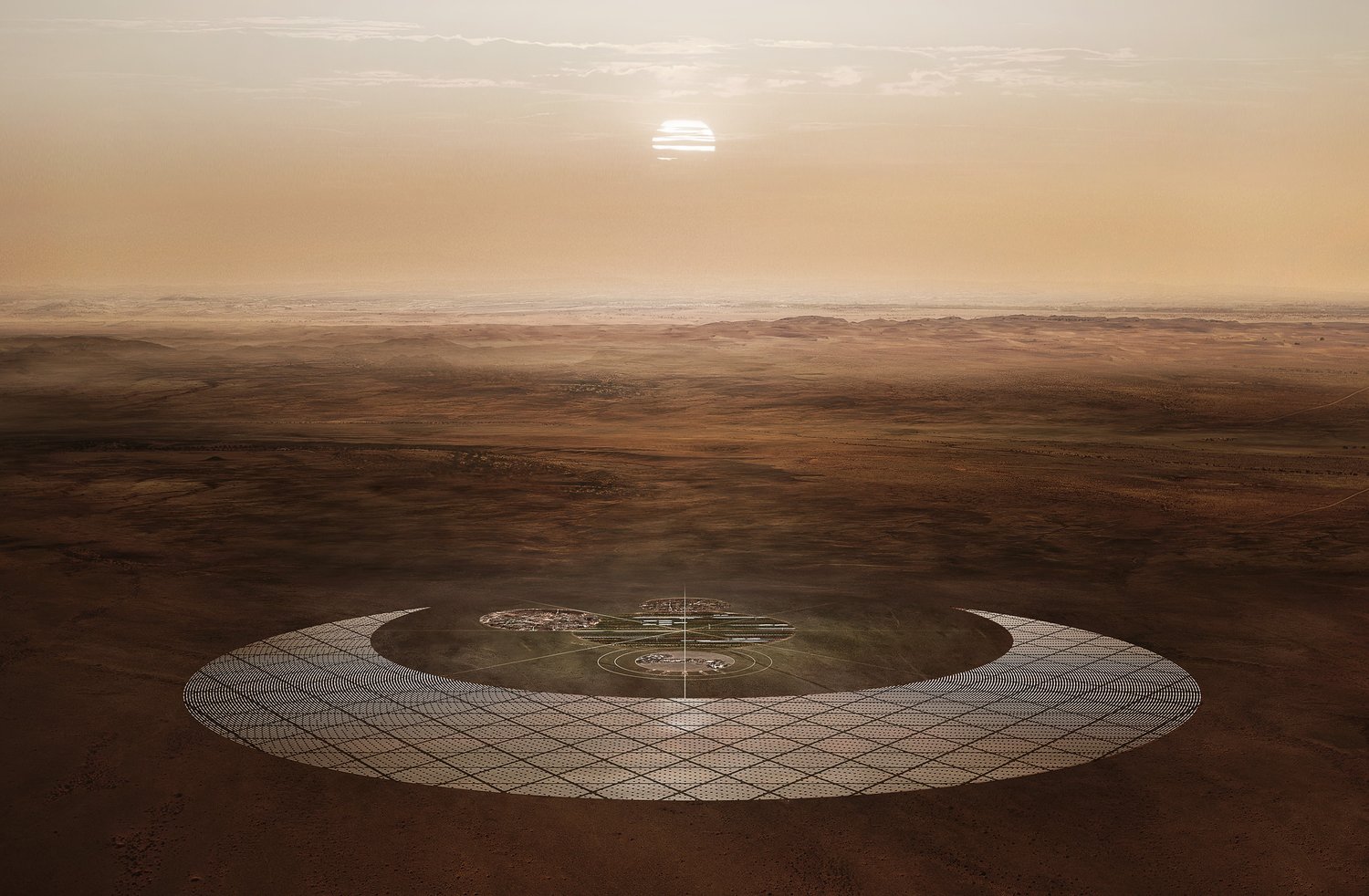
At COP28 in Dubai 118 countries have signed up to a voluntary pledge to triple renewable energy generation and double energy efficiency by 2030. These pledges are a very variable thing: some countries will take them seriously and implement policies aimed at achieving these goals. For other countries it is, no doubt, just a meaningless public relations exercise. However there are other countries which will massively surpass the goal of tripling renewable energy production. It is this last group that interest me most. Let us look at just one.
In Mauritania only about half the population have access to electricity, and the country only used 1.88TWh in 2021. Mauritania has huge expanses of flat, windswept, sunny deserts, ideal for building large scale wind and solar projects. GreenGo Energy is a Danish based clean energy company that was founded in 2011, and has partnered with several cleantech funding organizations, such as Copenhagen Infrastructure Partners, who have an impressive track record.
GreenGo and the Mauritanian government are proposing to build a massive wind and solar project in Mauritania with a capacity to generate 190TWh per year, which would be a hundred-fold increase in Mauritania’s electricity supply. Some of the energy would be used to desalinate seawater and increase agricultural production, some would be used to help supply more of the Mauritanian people with electricity and to help the country build hospitals, schools and housing, but all of this would use only a small part of the wind and solar generated electricity. Much would be used to make green hydrogen, which could then be used locally or exported, either as hydrogen or as ammonia or e-methanol. Making this green hydrogen at such scale in such a favourable location for sun and wind deployment should mean very cheap energy, perhaps half the cost it could be produced for in Europe. People and industry have always moved to where energy is most abundant and cheap. It is where new economic opportunities emerge. I wrote about this in my book ‘System Change Now!’ where I speculated about such massive projects and mentioned Mauritania as one of a number of countries well suited to host such megaprojects.
BP, the oil giant, announced a year ago that they had signed-up a memorandum of understanding with the government of Mauritania to explore the feasibility of producing green hydrogen in Mauritania. I have not heard if they have made any progress.
It seems likely that someone will get a big project of this nature built in Mauritania. There are always many stages involved in these kinds of projects and raising the vast sums of money involved is not easy. To my mind the GreenGo project looks more likely to happen than the BP one, but only time will tell. Chris Goodall, in his excellent Carbon Commentary Newsletter, points out that transporting hydrogen by pipeline is very much cheaper than sending electricity via cable, or presumably transporting hydrogen in specialized ships, and he speculates about the possibility of a hydrogen pipe connecting Mauritania to Europe. Demand for green hydrogen is very strong in Europe and a cheap and abundant supply will be necessary to help decarbonize Europe, and the World, and in the process bring a better and more prosperous future for Mauritania and for Africa generally.
The Mauritanian economy is currently dominated by mining, and they have ambitious plans to double iron ore production by 2026. With the cheap wind and solar generated electricity and green hydrogen that the GreenGo project promises, Mauritania would then be able to convert their ore directly into steel at the mine site, which would reduce the need to transport bulky iron ore for export. They could of course also electrify the railway linking the mine to the port. I speculated about all this in my book, long before I heard of the plans of BP or GreenGo Energy. Mauritania has the ideal resource base from which to build an inclusive and sustainable form of prosperity, for Mauritania, and also to help the rest of the world. To do all of this requires a lot of good decision making by politicians, companies and investors. It is a country I shall continue to watch.
